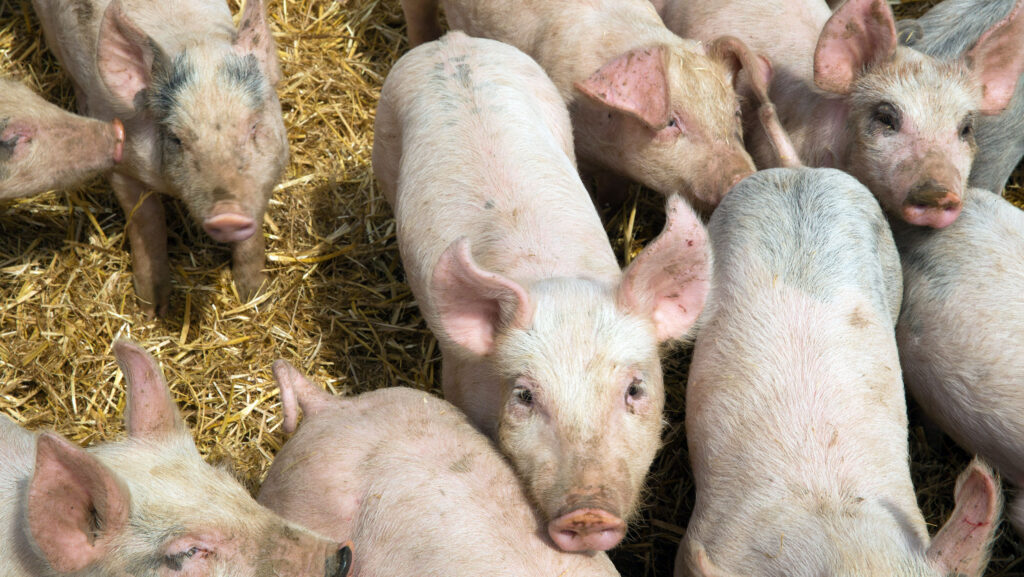Fairer supply chain regulations for pig farmers become law
 © Tim Scrivener
© Tim Scrivener Pig farmers are set to gain stronger protections and fairer treatment under new legislation aimed at improving transparency and accountability across the supply chain.
Recently signed into law by ministers, the Fair Dealing Obligations (Pigs) Regulations strengthen relationships between buyers and producers and support longer term planning for the sector.
Under the new rules, all new pig supply contracts will need to be in writing by default, with clear terms on pricing, volume, and dispute resolution. Any changes to terms must now be agreed by both parties.
See also: Fairer regulations imposed on all new milk contracts
There will be a 12-month transition period for existing agreements, after which contracts need to comply with the regulations.
The new regulations are the second in a series of reforms under the Agriculture Act 2020, following similar changes to milk contracts in 2024.
It is expected that the egg and fresh produce sectors will also undergo similar reforms.
A win for farmers
Describing the legislation as a “major win” for farmers, Defra farming minister Daniel Zeichner said: “These rules will give producers more confidence and help secure smoother, more constructive supply chain relationships.”
The National Pig Association (NPA), which has been involved in drafting the regulation and consulted with members on the details, welcomed the new regulations.
“We believe it will add a much-needed further layer of protection for producers by ensuring buyers cannot renege on the details of agreements, as has happened too often in the past,” said NPA chief executive Lizzie Wilson.
Enforcing the rules
To help enforce the rules, the government appointed an Agricultural Supply Chain Adjudicator (ASCA) in June 2024.
The ASCA is tasked with upholding fair dealings regulations and to provide a formal, impartial route for dispute escalation when internal contract resolution mechanisms fail.
The adjudicator is able to impose fines or compensation, investigate complaints and request evidence.
